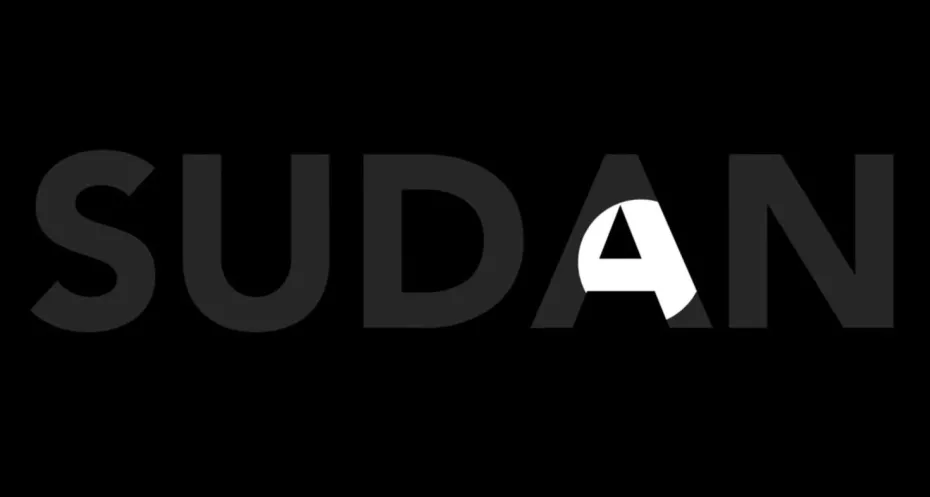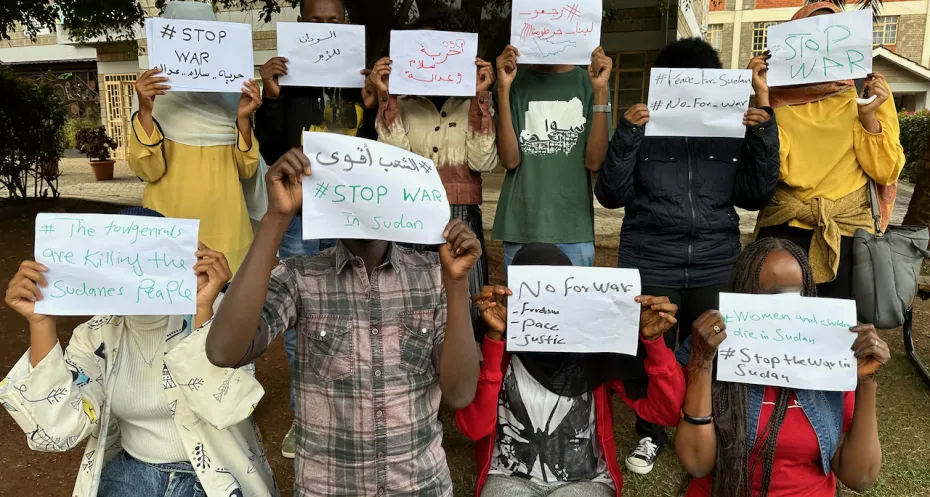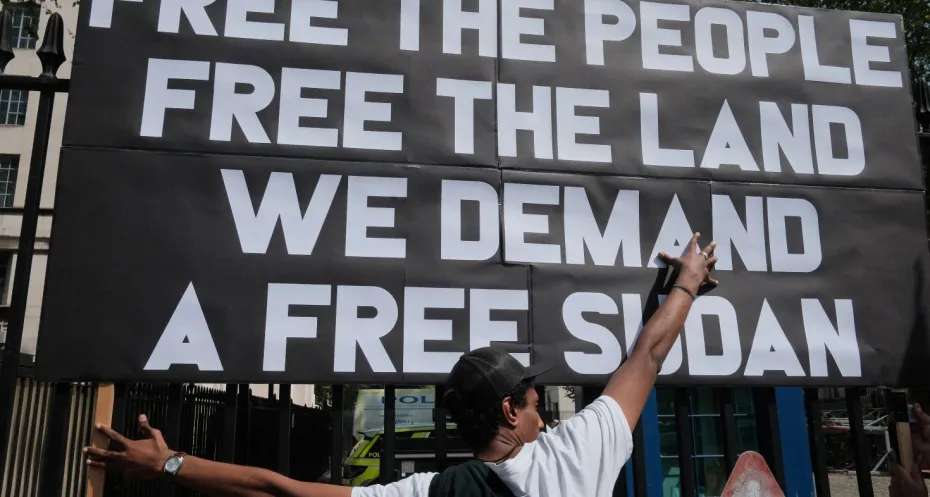Sudanese media call on warring parties to respect press freedom

As the war in Sudan enters its fifth month, representatives of independent media institutions in Sudan, including Free Press Unlimited's long time partner Dabanga – Radio, TV, Online, have come together to jointly call for an end to the conflict and the protection of journalists.
Led by Dabanga - Radio, TV, Online, in partnership with the Sudanese Journalists Syndicate and Journalists for Human Rights (Jahr), the editors in chief, managing editors and leaders of independent media press institutions highlight in their joint statement the failure by warring parties in Sudan to abide by international law. This failure has had a detrimental effect on the freedom of speech and media in the country. Journalists have been attacked and killed, harassed and stopped from reporting, media houses have been ransacked and equipment looted. Women journalists face additional dangers like sexual violence.
The joint statement points out the obstacles that media workers face in different areas of the country. Journalists and media houses are actively hindered from operating in the capital Khartoum. In those regions that are hosting displaced civilians, journalists are restricted from reporting openly. The situation on the ground in conflict areas such as Darfur has led to a media black-out.
The signatories call on all warring parties to allow journalists to report on the ongoing situation, to allow the free movement of media workers and their equipment, to cease any censorship, harassment, attacks and other restrictions on media workers, media offices and their broadcasting and publishing platforms. Furthermore, the signatories call on the warring parties to allow foreign press to enter the country.
The signatories also call on fellow media workers to adhere to professional standards of ethical journalism including fact-checking to combat misinformation and fake news. Highlighting the dangers of polarised reporting, the statement calls on additional efforts to train Sudanese journalist in conflict reporting and joint efforts to counter hate-speech.
The statement asks civil society to join their initiative, for example by putting pressure on leaders to respect the freedom of media, to protect journalists, and to prioritise countering hate-speech efforts.
Regarding the international community, the signatories call for protection of Sudanese journalists both in and outside the country and to bring perpetrators of crimes against media workers to justice.
Lastly, the signatories call on different actors to join them now in the planning for a post-war Sudan, in which a strong, independent and free media sector is indispensable.



